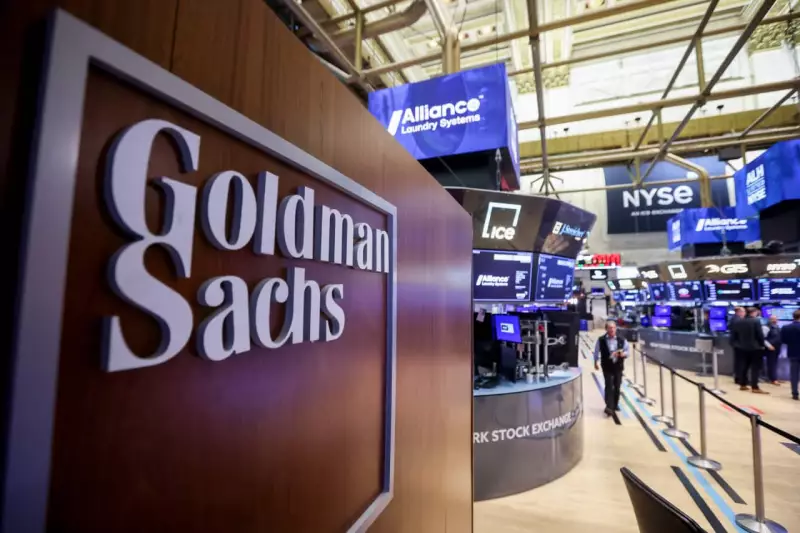
In a striking demonstration of London's enduring appeal as a global financial hub, Goldman Sachs International has reported a massive 26% increase in its UK staff costs, pushing the total compensation bill to nearly £2.8 billion. This substantial rise comes as the Wall Street giant capitalises on a resurgent deal-making environment that has turbocharged its investment banking division.
London Payroll Expansion Defies Global Trends
The London-based European arm of the banking behemoth disclosed that its staff costs climbed to £2.77 billion in 2023, up significantly from £2.2 billion the previous year. This surge occurred despite a marginal reduction in headcount, suggesting substantial bonus enhancements for remaining staff rather than widespread hiring.
Investment Banking Fees Fuel the Fire
The compensation boost aligns perfectly with Goldman Sachs' impressive second-quarter performance, where investment banking fees skyrocketed by 32% year-on-year to reach $2.7 billion. This remarkable growth was primarily driven by:
- Resurgent mergers and acquisitions activity
- Strengthening debt underwriting markets
- Rebounding equity issuance volumes
This fee bonanza represents the bank's strongest quarterly investment banking performance in three years, signalling a robust recovery in corporate deal-making confidence.
London Maintains Strategic Importance
The substantial investment in London staff underscores the city's continued significance to Goldman Sachs' European operations, even as the bank maintains its commitment to expanding other European centres. The compensation figures reveal the premium that global investment banks are willing to pay to retain top talent in the UK capital.
Industry analysts suggest that the increased staff costs reflect intense competition for banking professionals with expertise in complex cross-border transactions, particularly as corporate activity rebounds following periods of economic uncertainty.
Broader Implications for UK Financial Services
Goldman Sachs' expanded London payroll sends a strong signal about the health of the UK's financial services sector post-Brexit. The investment demonstrates that:
- Global banks continue to view London as a critical talent pool
- The deal-making ecosystem remains robust despite geopolitical challenges
- Competition for financial professionals is driving compensation higher
As other global banks prepare to report their European results, the industry will be watching closely to see if Goldman Sachs' London compensation trend reflects a broader pattern across the investment banking landscape.





